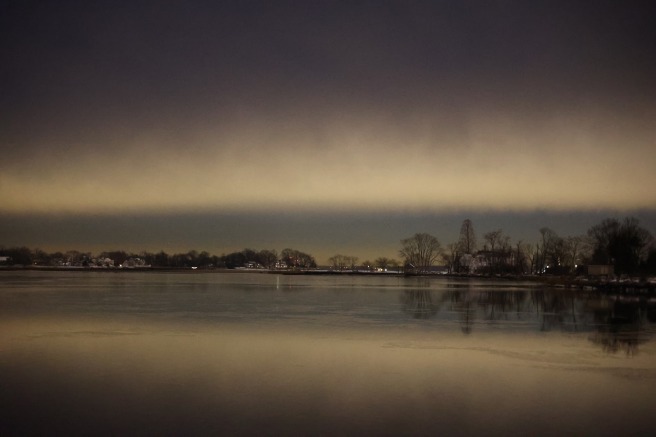In a recent Times article, the reporter Emma Goldberg wrote about how the rise of social media and influencer power has made it such that young people, in particular, find their livelihood, success and sense of self inextricably entwined with an online presentation. She wrote, “With personal branding, the line between who people are and what they do disappears. Everything is content.” A strange, exhausting new twist in being human is that each day, each of us must decide how much of ourselves, our family life, thoughts, work, photos and feelings we will share with strangers online. Goldberg quoted Tom Peters, a marketing writer, who explained that, we are each “head marketer for the brand called You.”
To reduce ourselves to brands, however, is to do violence to our personhood. We turn ourselves into products, content to be evaluated instead of people to be truly known and loved. We convert the stuff of our lives into currency.
This new way of interacting with the world is driving institutional dysfunction, personal anxiety and the hollowing out of ourselves…Klein confessed that social media had made him hungry for validation. It offers us, he said, a steady drumbeat of “You exist. You are seen.” This longing to be seen and validated is universal, but this desire has been co-opted by technologists to capture more and more of our time and attention…
I have gotten letters from time to time from readers declaring me their pastor, and of course, I’m flattered and grateful. I hope to be of help to them, yet I cannot be their pastor. I cannot hold their hands and pray over them in the hospital. I cannot grieve with them after the loss of a loved one or rejoice when they land a job. A pastor and the work of local churches more broadly are tethered to a place, an institution and a particular people, with all the complexity, hilarity, struggle and mystery of their lives.
What we need most at the end of the day has nothing to do with influence or brands. We need quiet beauty and enduring truth that we share with those who walk this journey with us…
— Tish Harrison Warren, from “The Temptations of the ‘Personal Brand’” (New York Times, January 29, 2023). Tish Harrison Warren (@Tish_H_Warren) is a priest in the Anglican Church in North America and the author of “Prayer in the Night: For Those Who Work or Watch or Weep.”




